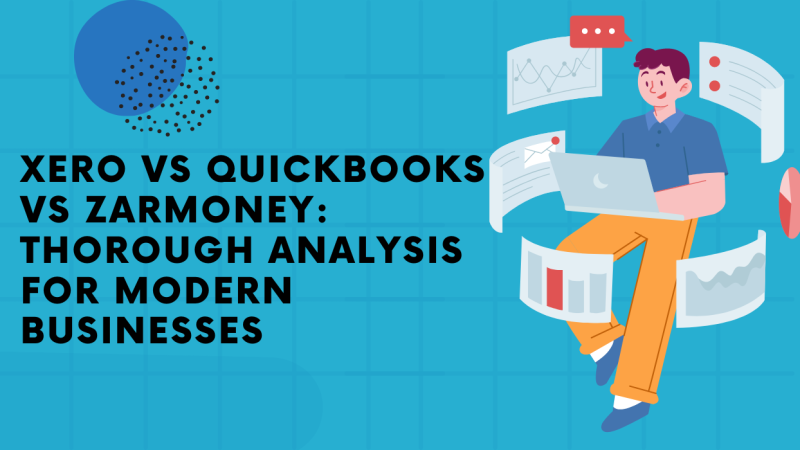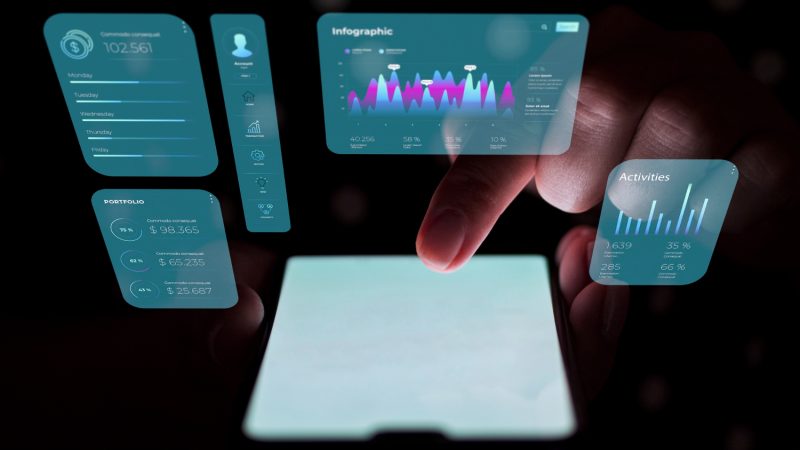The Role of Blockchain in Fight Against COVID-19

Unlike other pandemics throughout history, the technological advancements of the current era are a considerable advantage, possibly playing a pivotal role in protecting humanity. Many novel technologies can be used to develop different strategies of intelligent management for the pandemic such as Artificial Intelligence (AI), Internet of Things (IoT), 5G communications, 3D printing, nanotechnology, cloud, and edge computing, and of course – Blockchain and crypto trading.
As governments and institutions make less or more successful efforts to fight the pandemic we all witness, blockchain technologies have emerged with many potential solutions to help us face the global health crisis. European Parliamentary Research Service has identified BlockchainBlockchain as one of the ten key technologies to fight COVID-19. And despite some fragmentations among the crypto community itself, actual governments are adopting BlockchainBlockchain – be it for contactless payments, strengthening medical research projects related to COVID-19, or managing patient data and contact tracing. However, many more causes and implications are waiting out there.
Could Blockchain Have Prevented The Major Pandemics in The First Place?
Thanks to BlockchainBlockchain, any information or transaction can be shared in real-time – in a pretty immutable and secure way – between relevant parties acting as nodes within the chain. For example, had there been a blockchain where WHO, Health Ministries of individual countries, and possibly even critical nodal hospitals of each country, were connected correctly, any information about any new disease matters would have been shared in real-time. Very maybe, the world might have woken up and gotten organized way earlier, and perhaps fewer countries would have got hit as severely. We might have witnessed sooner travel restrictions, quicker and more organized quarantining policies, as well as social distancing proposed and conducted way faster. As we now globally and collectively fight this pandemic, every country’s struggle would have been restricted to a much smaller scale. It might have saved the world a lot of trouble if a Blockchain had been used for sharing the information earlier on.
Could Blockchain Help in The Future Prevention of Pandemics?
It’s not wrong to remember that BlockchainBlockchain gives for a decentralized service architecture to compute different sorts of data. This practice alone puts an end to most limitations related to centralized computing ecosystems. As a collection of computing nodes tied in a P2P (peer-to-peer) way, this blockchain node collectivity works in synchronicity. The purpose is to verify all transactions that are carried out within their network. Every block in the BlockchainBlockchain puts a cryptographic sealing on a set of transactions while maintaining the link with a previous block, so they form a cryptographic chain of blocks.
With all said in mind, it’s not hard to imagine many possible implications of BlockchainBlockchain in current times’ increased need for it: patient information sharing, contact tracing, automated surveillance, contactless delivery, immigration and emigration procedures, supply chain management, agriculture and food distribution, manufacturing management, e-government, disaster relief and insurance, online education and secure certification, and so on. Speaking from a medical point of view, some experts claim the blockchain community might have an essential role in providing help for developing pharmaceutical drugs for COVID-19.
From what we know so far, blockchain platforms can be used to monitor and manage material distribution, relief distribution, and donations, as well as other pandemic responses. It can be done in a time saving and very transparent manner, while simultaneously avoiding any violation of various user data. Companies can cooperate using blockchain platforms and contribute to real-time research for the best ways to fight the coronavirus. Contact-tracing applications can as well be built based on a blockchain so they can allow and support anonymity.
In the light of many governments and organizations receiving accusations for possible data manipulation during the pandemic, blockchains’ confirmed security and reliability could provide immutable and transparent medical data. Same way, this technology can be employed to create a blockchain-based worldwide map of the pandemic, allowing a smooth tracking of infection numbers and other data and info related to the spread of the virus.
Tokenization
This practice gives an important chance for countries to rebuild both the economy and society after the pandemic since the damage caused will undoubtedly be huge. Thanks to tokenization platform, assets can be divided in the smallest way possible. This way, a person can invest the smallest amount of their funds and contribute to the economy.
Conclusion
Blockchain certainly can’t prevent the emergence of any virus itself. Still, it can surely create the first line of quick reaction and protection thanks to its network of connected devices set to remain alert for any outbreaks of disease. Consequently, using blockchain platforms can significantly provide to preventing pandemics like this by allowing for their early detection, fast-tracking, and impact management of outbreaks, drug trials, and treatment,
Developers, coders, and other digital experts are well aware of all the opportunities the technology provides and certainly are enthusiastic about selling their services. Decision-makers must educate themselves on the blockchain core functions. That way, they are better informed and prepared to make intelligent and sensible decisions for the application and implication of different blockchain tools available and environments for their use.






